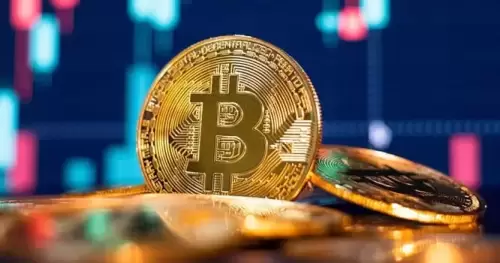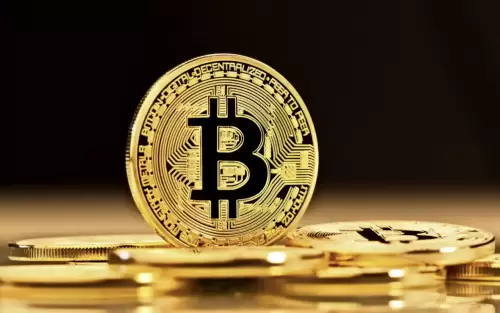 |
|
 |
|
 |
|
 |
|
 |
|
 |
|
 |
|
 |
|
 |
|
 |
|
 |
|
 |
|
 |
|
 |
|
 |
|
Cryptocurrency News Articles
Singapore's Crypto Crackdown: Laundering, Licenses, and Lessons
Jul 06, 2025 at 01:51 am
Singapore tightens its grip on crypto, battling money laundering while reshaping its regulatory landscape. What does this mean for the future of digital assets in the Lion City?

Singapore, once a haven for crypto innovation, is now taking a firm stance against illicit activities. The island nation is cracking down on crypto-related money laundering, forcing firms to play by the rules or pack their bags. It's a pivotal moment for the 'Crypto, Laundering, Singapore' narrative.
The Lion City Roars: Fines and Enforcement
In a landmark move, the Monetary Authority of Singapore (MAS) has slapped hefty fines on nine financial institutions, including big names like UBS and Citigroup, totaling S$27.5 million (US$21.5 million). This action stems from a sprawling S$3 billion money laundering scandal that surfaced in August 2023, involving luxury real estate, cash, and, notably, cryptocurrencies. The Fujian gang were convicted and deported after serving time, permanently banned from returning to Singapore.
This isn't just a slap on the wrist; it's a clear message. Singapore is serious about clamping down on financial crime, and crypto is no exception. As a result of this scandal, MAS is tightening crypto regulations, demanding stricter compliance from all players in the digital asset space. Crypto innovation is welcome, but not without strong compliance.
Crypto's Role in the Crosshairs
The involvement of crypto assets in the S$3 billion scandal has put digital finance squarely in the spotlight. MAS is now implementing stricter rules, requiring crypto firms offering services abroad to obtain a license or leave the country by June 30. This move is designed to weed out bad actors and ensure that only legitimate, regulated businesses operate within Singapore's borders.
A Regional Trend?
Singapore's actions are part of a broader trend in Asia. Hong Kong could benefit from Singapore’s recent move to oust unlicensed cryptocurrency companies. Thailand has moved to ban five crypto exchanges, and Dubai is strengthening investor protections. As analyst Chu pointed out, regulatory actions across Asia are best understood as a region-wide game of ‘FATF musical chairs.’
What's Next for Crypto in Singapore?
Singapore's crackdown presents both challenges and opportunities. On one hand, some crypto firms may choose to relocate to more lenient jurisdictions. On the other hand, the stricter regulatory environment could attract more institutional investors and foster greater trust in the long run. Singapore aims to balance growth with robust consumer protection and AML measures.
A Personal Take: Trust is Key
In my opinion, Singapore's approach is a necessary step for the long-term health of the crypto industry. While it may cause some short-term pain, it will ultimately create a more sustainable and trustworthy ecosystem. As crypto becomes more integrated into the global financial system, robust regulation is essential to prevent illicit activities and protect investors.
The MAS is trying to build a system where trust is the most important. It will be interesting to see the results of this crackdown.
Looking Ahead
So, what does all this mean for the future of crypto in Singapore? It's hard to say for sure, but one thing is clear: the Lion City is no longer a playground for unregulated crypto ventures. Stricter rules, increased enforcement, and a focus on compliance are the new norm. The recent fines and regulatory changes in Singapore send a clear message: play by the rules, or find somewhere else to play. And with that, I'm off to find a hawker stall for some chili crab – anyone care to join?
Disclaimer:info@kdj.com
The information provided is not trading advice. kdj.com does not assume any responsibility for any investments made based on the information provided in this article. Cryptocurrencies are highly volatile and it is highly recommended that you invest with caution after thorough research!
If you believe that the content used on this website infringes your copyright, please contact us immediately (info@kdj.com) and we will delete it promptly.






























































